Swiss 5G debate heats up with protest in Bern
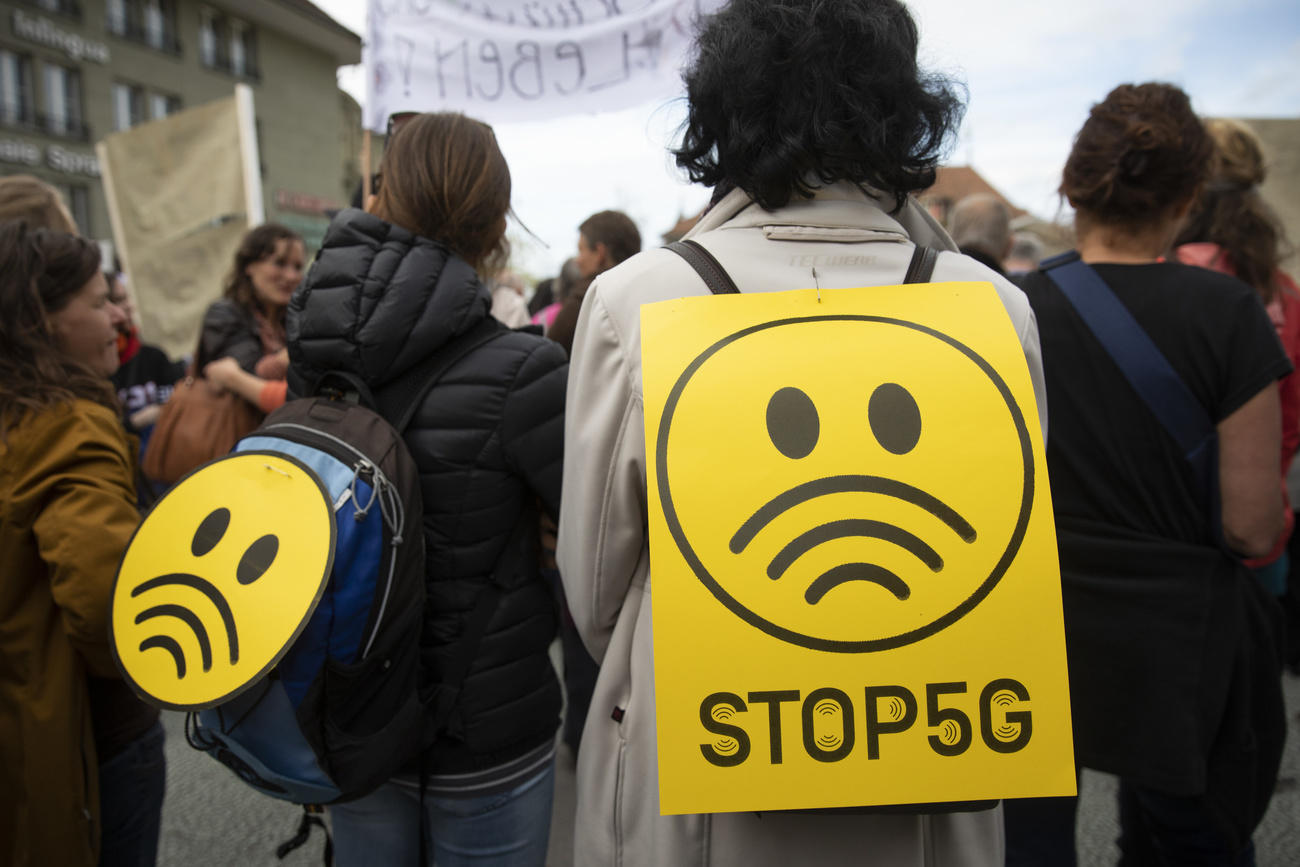
Simmering opposition to the rollout of 5G technology in Switzerland climbed a notch on Friday as a 1,000-strong protest was held in the capital, Bern.
Organised by the Stop5G citizen group, the gathering on Bern’s Waisenhausplatz square – a couple of stone’s throws away from the federal parliament – was the first significant national expression of resistance to plans for a 5G Switzerland.
Scientists, doctors, engineers, environmentalists, left-wing politicians, and even a tech-sceptic musician took to the stage to highlight the key demand outlined by event organiser Tamlin Schibler Ulmann: “a national moratorium on 5G development”.
Widely-distributed flyers outlined their reasons: health concerns (they fear that diseases from cancer to depression to chronic fatigue may be caused by electromagnetic waves); the damage to sustainable development of the infrastructure and energy usage of 5G; and the security threat to our private lives that universal connectivity implies.
Government report
Are the fears grounded? The Swiss government has downplayed the health worries, and is preparing a report to be released this summer to further reassure. But people are unconvinced, and not just the 1,000 that turned up in Bern on Friday: according to a recent survey by magazine L’Illustré, 54% of Swiss citizens believe that 5G could be damaging to their health.
Indeed, among the crowd, health fears featured highly. Charlotte, from La Tour de Peilz, said she believed 5G would increase the proportion of the population that is “electro-sensitiveExternal link”; Chili, from Bern, said that reading about the possible side-effects convinced her that “we have to act immediately”.
Others complained about the environmental impact of 5G infrastructure, and the pollution and radiation caused by the waves; Ian, from England, said he was worried about ever more satellites being launched into space and the resulting damage to the ozone layer.
Dissenting voices were rare, though Felix – an “industry insider” who was standing slightly to the side of the main event — dismissed the fears, saying that the technology and its impact is the same as that of 3G and 4G before it. Nevertheless, he said, explaining why he’d come, “it’s good to have a deeper conversation about all of this”.
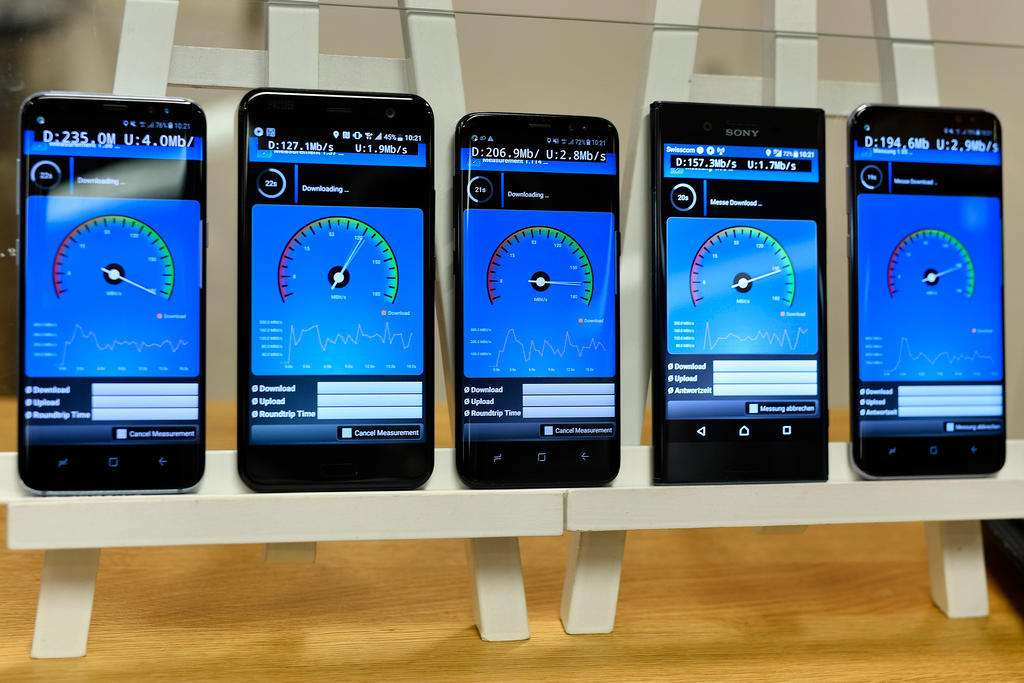
More
Telecommunications: 5G is coming to Switzerland
A conversation is what has now started in Switzerland. Regardless of whether 5G waves are proven to cause actual headaches, they are becoming a real political pain for the government and the three telecoms groups – Swisscom, Sunrise, and Salt – who paid CHF380 million ($375 million) to develop the technology.
Though plans for 5G have been building for some time, things escalated last month, when – even after deals were inked and masts were being prepared – four cantons in southwestern Switzerland called a halt on development, citing possible health concerns.
Since then, the situation has become muddier: while the Federal Office of Communications (OFCOM) has insisted that such decisions are an exclusively federal competence, the rebel cantons have not yet backed down. Earlier today, Sunrise waded into the fray, pledging to take legal action if it is not allowed develop the technology it paid for.
Chinese connection
In the meantime, an added layer of complexity has been provided by the news that the US, who is pressuring its allies not to use 5G hardware developed by Chinese firm Huawei, also had a word with Bern in April. (Sunrise is working with Huawei to build its infrastructure.)
So what’s next? The Stop5G group will continue to build awareness for their cause; they also have plans to collect signatures for a people’s initiative if the moratorium is not introduced. Another online petition, addressed to communications minister Simonetta Sommaruga, has already secured almost 23,000 names.
That said, as Ulmann noted in the Tribune de Genève newspaper this week, the direct democracy system – though allowing for such citizen action – does not move fast in Switzerland. Even with signatures handed in, it could take years before the issue ever came to a vote – by which point 5G would be a firmly entrenched fixture of Swiss landscape.
And even then: if the vote was accepted, would the government reverse the tide of history and force the masts to beam (merely) 4G rather than 5G signals? Would industries using 5G technology to design and develop products be forced to suddenly stop doing so?
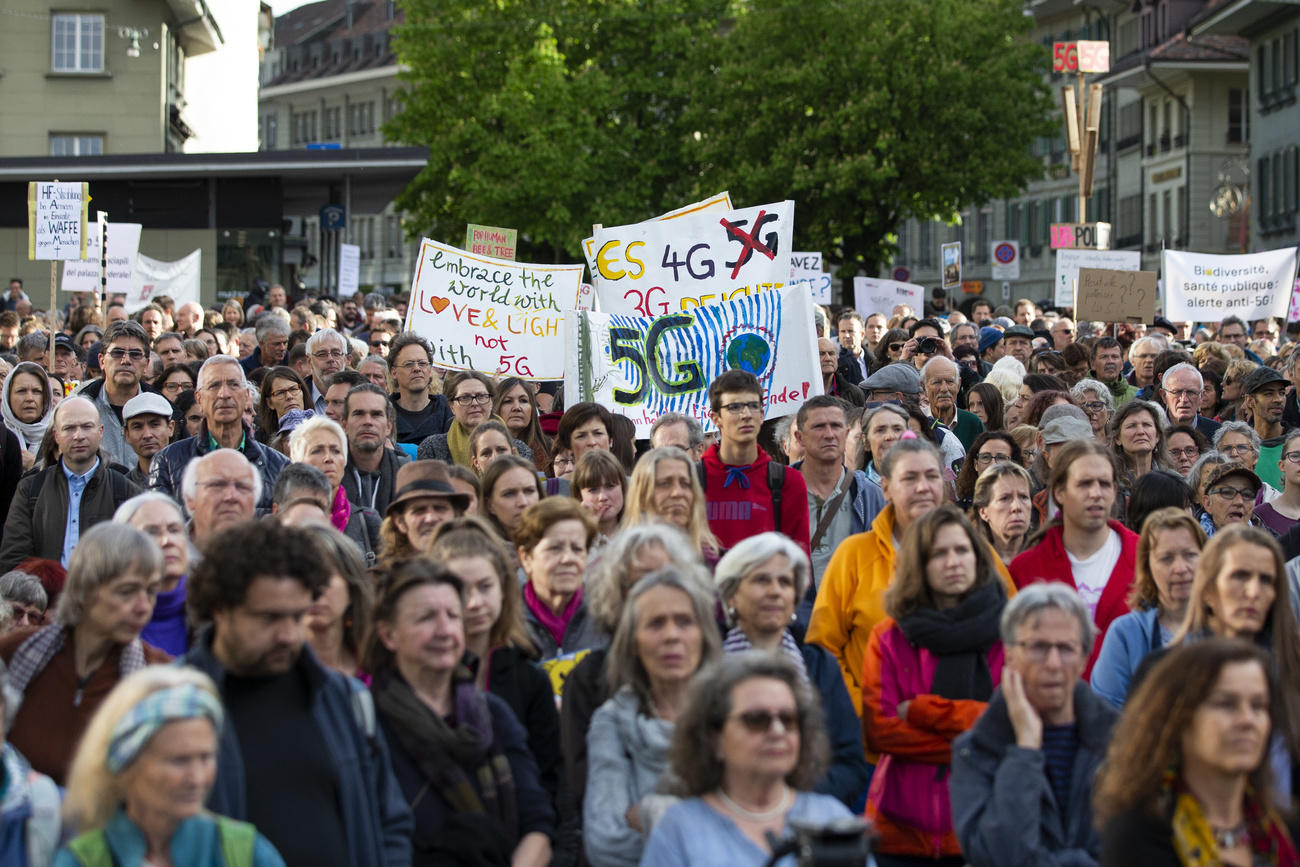

In compliance with the JTI standards
More: SWI swissinfo.ch certified by the Journalism Trust Initiative



















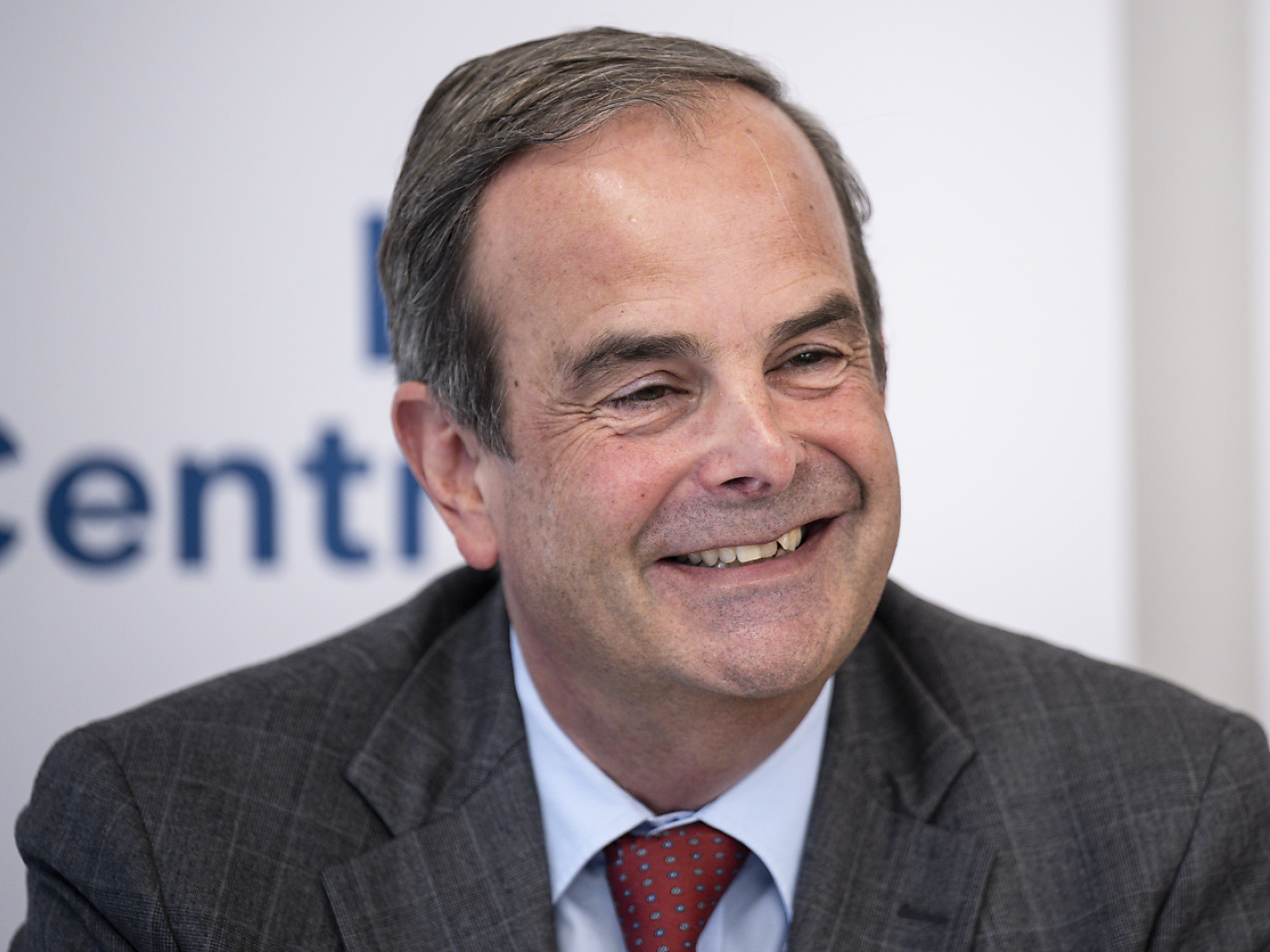

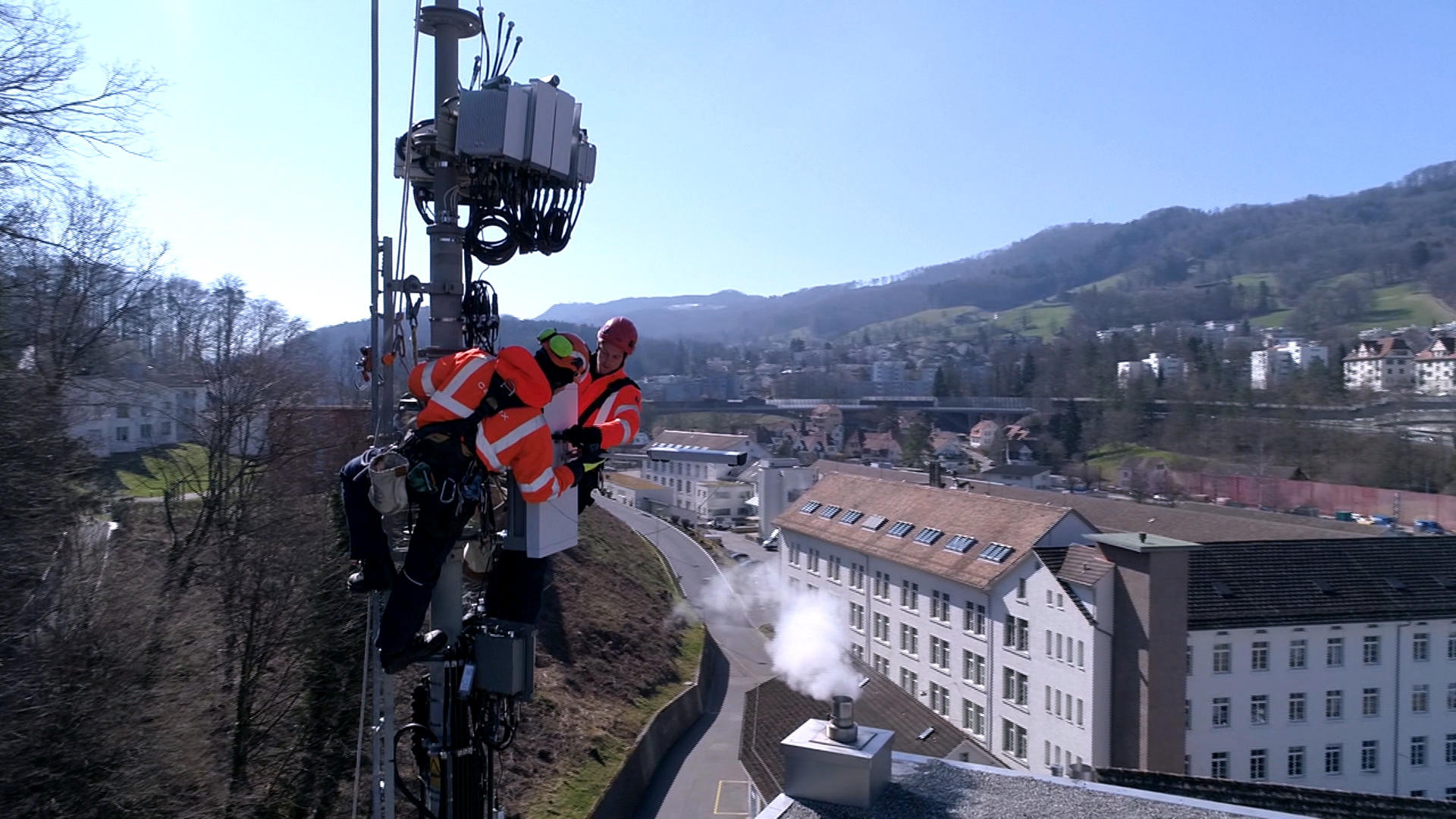

You can find an overview of ongoing debates with our journalists here . Please join us!
If you want to start a conversation about a topic raised in this article or want to report factual errors, email us at english@swissinfo.ch.